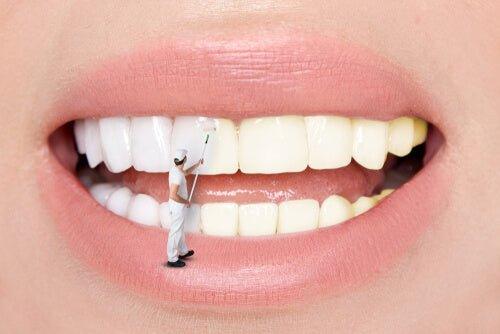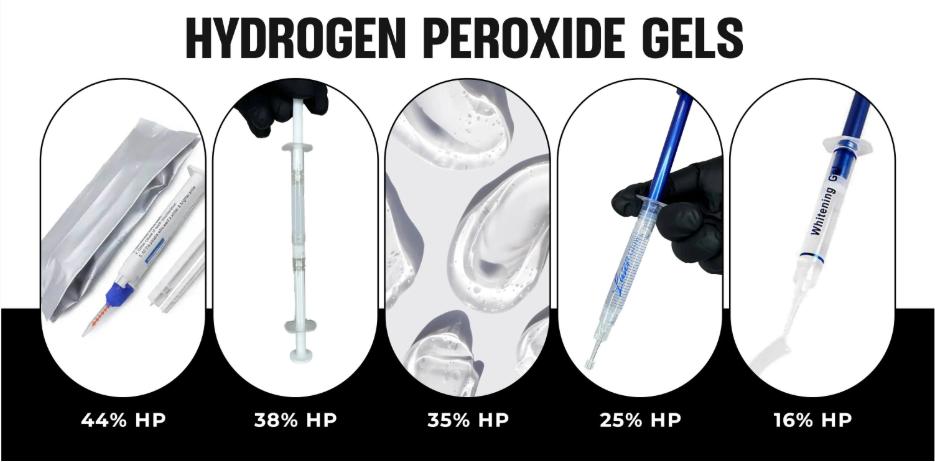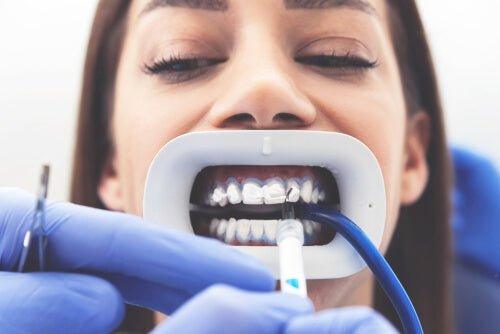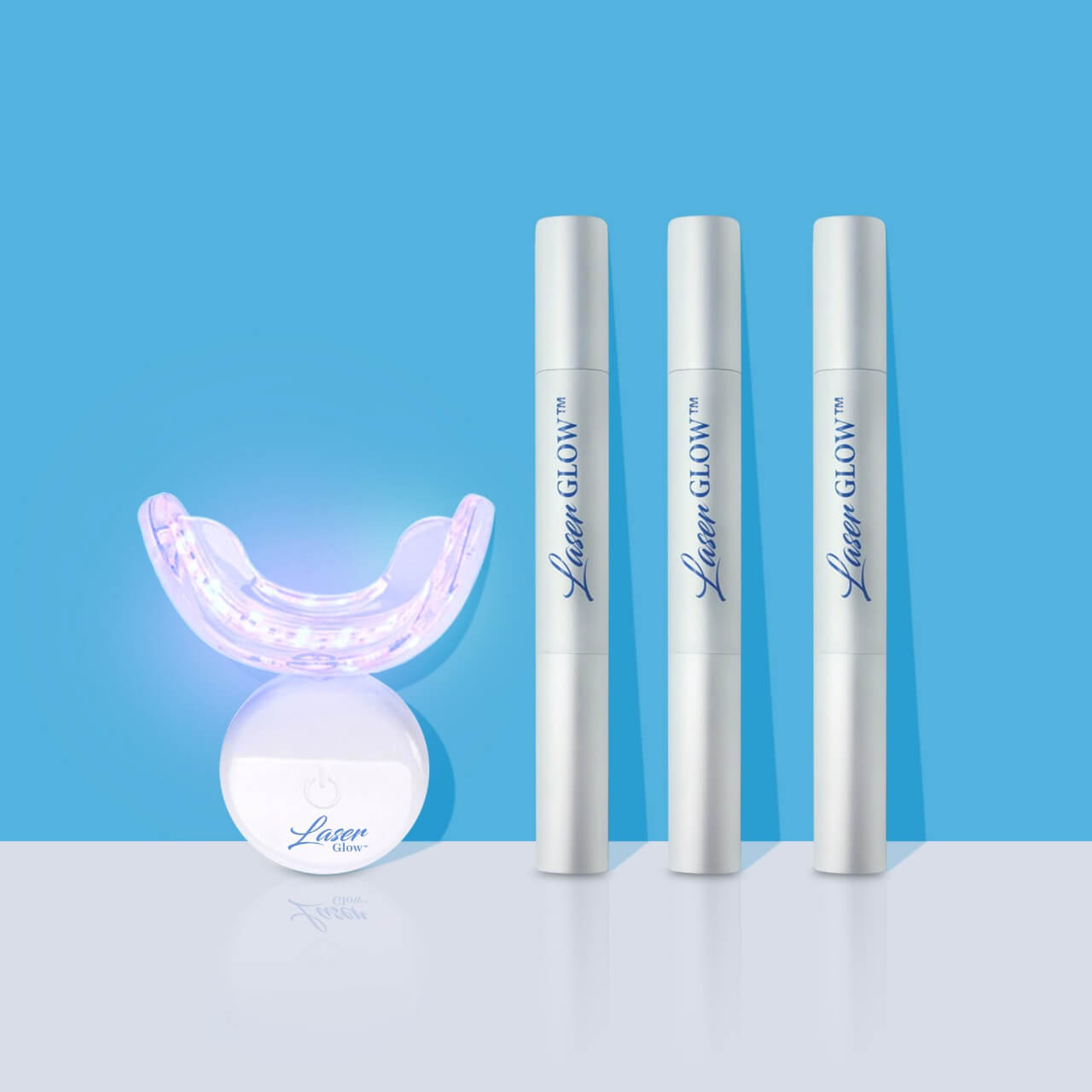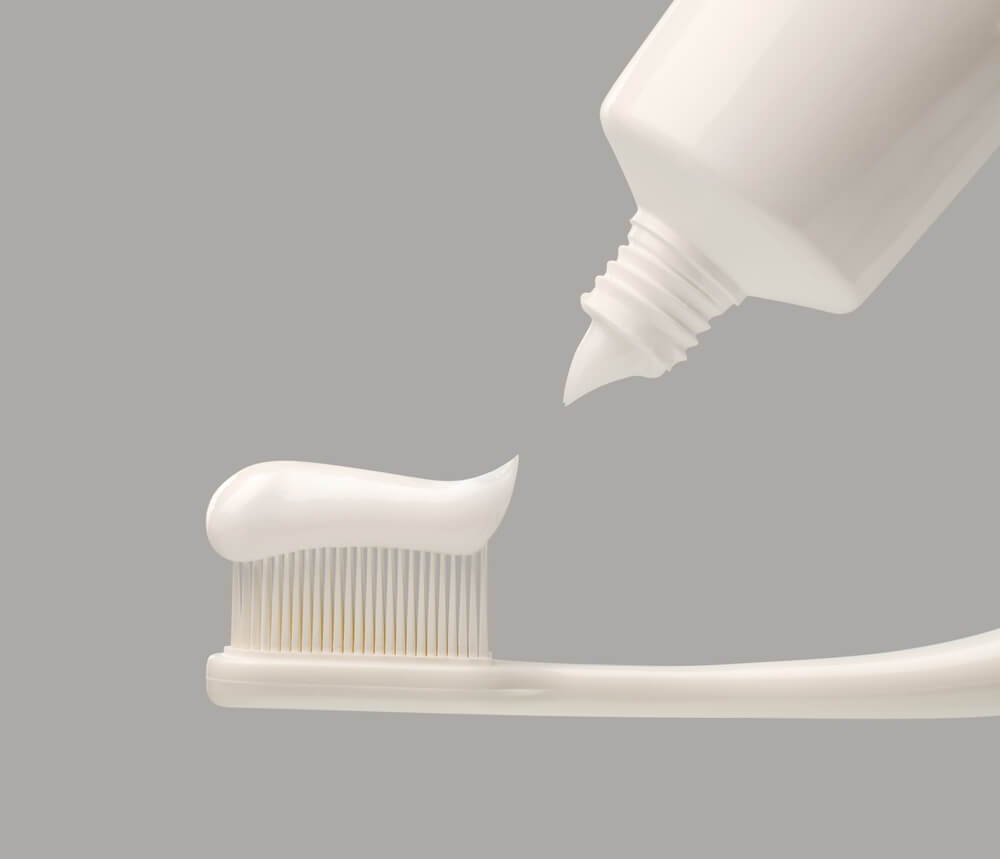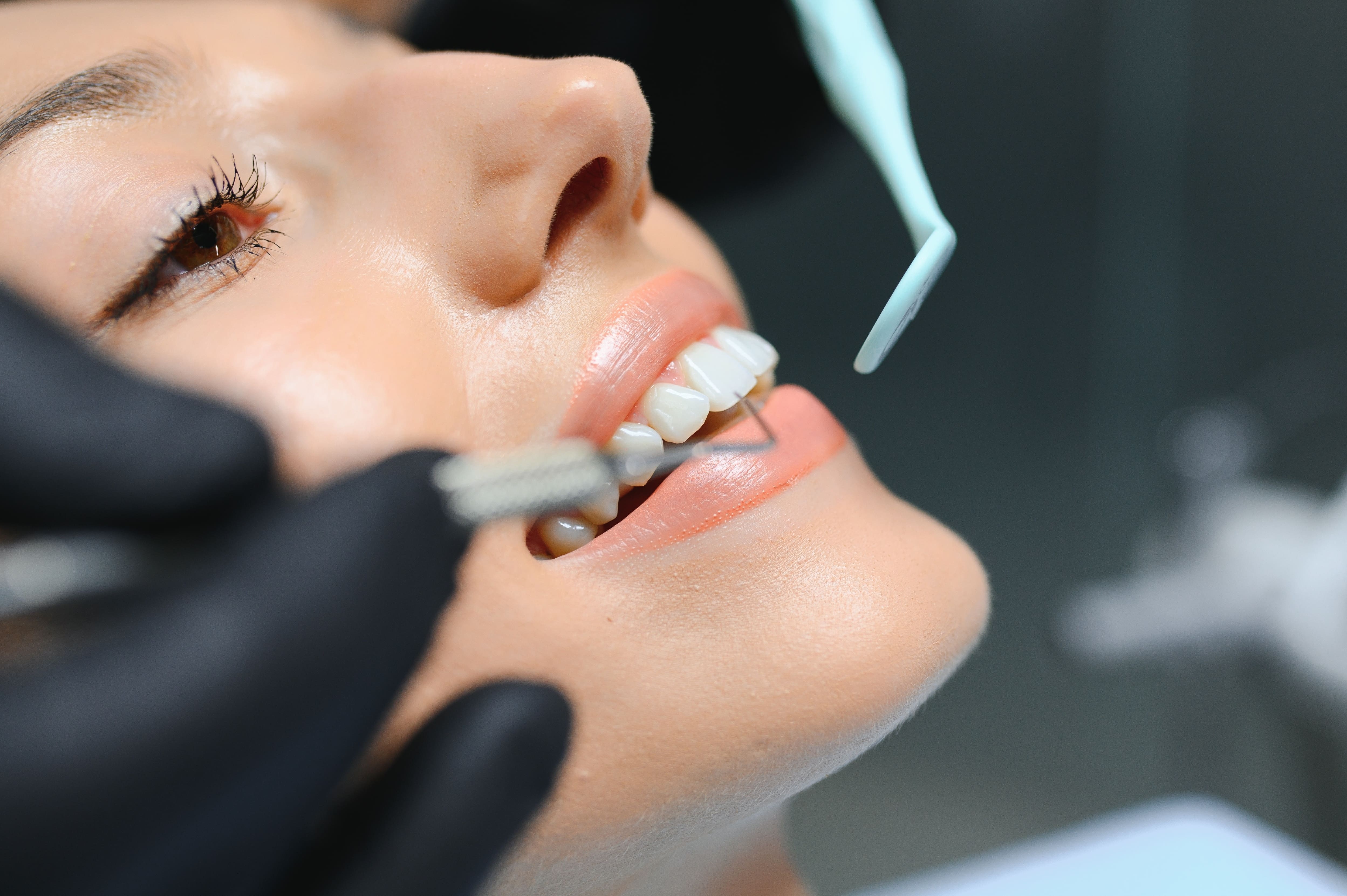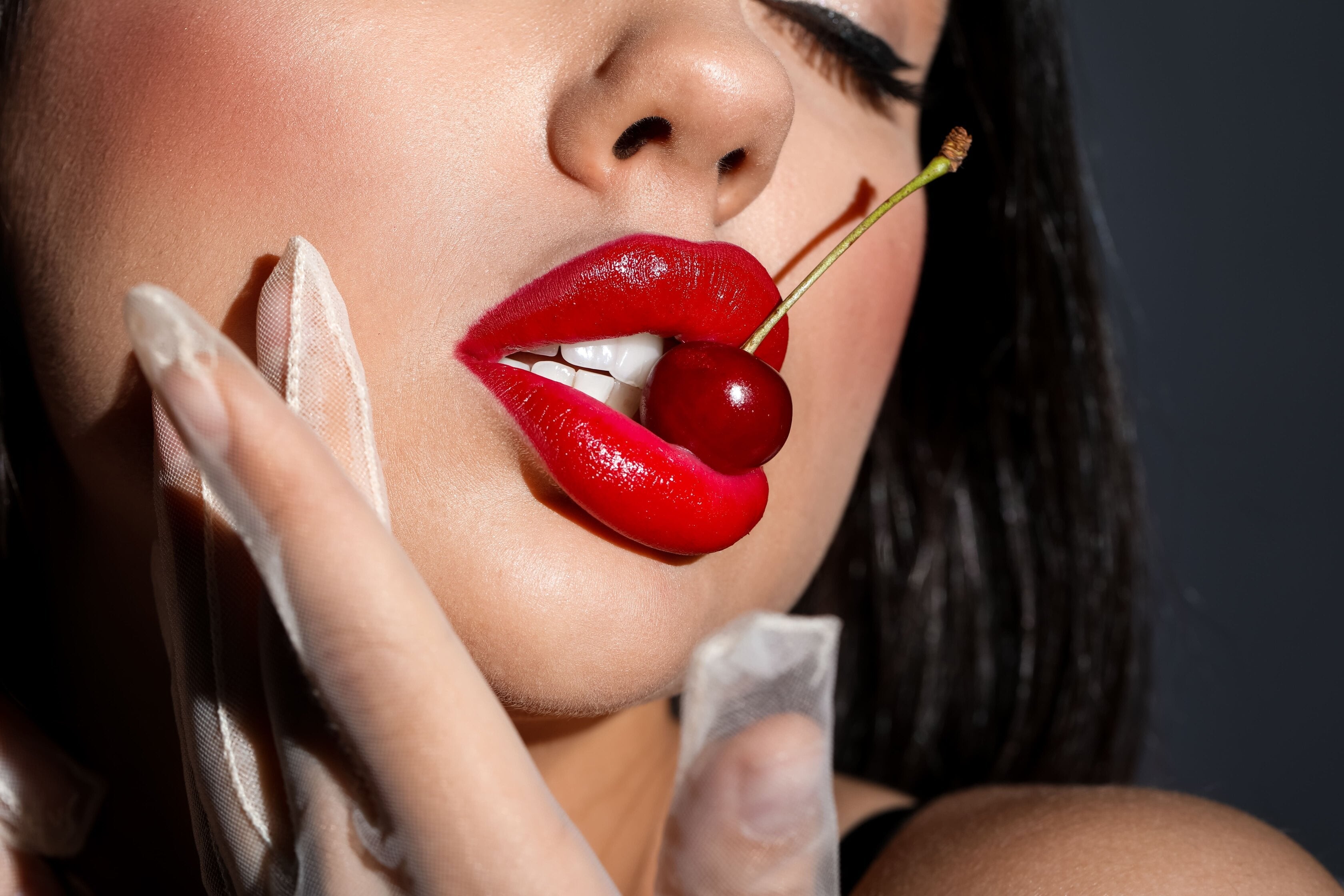Have you ever wondered how some people manage to maintain dazzlingly white teeth well after a gentle whitening treatment? It might seem like a secret reserved for the stars, but we're pulling back the curtain to reveal a comprehensive guide to maintaining your bright smile after gentle whitening treatment. Behind every radiant smile is an effective aftercare regimen that fosters both aesthetics and health. Your journey toward ceaselessly luminous teeth intertwines with our tailored oral care instructions, designed to uphold not only the sheen of your grin but also the pinnacle of your dental wellness.
The afterglow of a whitening session offers more than just an aesthetic upgrade. A bright smile can boost your confidence and influence how you connect with others. However, without proper dental care after whitening, that glow can quickly dim. This is why white teeth maintenance is nothing short of an art that demands refined skills and knowledge—a symphony of professional advice harmonized with the latest in dental hygiene advancements, all of which we're excited to share with you.
Key Takeaways
- Extending the lifespan of your whitened teeth requires a tailored aftercare regime.
- Aftercare isn't just about sustaining appearance—it also contributes significantly to oral health.
- Professional guidance is essential for effective white teeth maintenance.
- The first hours and days post-whitening are crucial for setting the tone of your smile's longevity.
- Understanding the relationship between diet, habits, and your smile’s radiance is key.
- Audio:
Understanding Teeth Whitening Aftercare
Maintaining teeth whiteness and ensuring post-whitening oral health is crucial for a bright smile maintenance. Right after undergoing a teeth whitening procedure, your aftercare routine can significantly impact the longevity of the results. Let's explore the essential steps you need to take immediately following your whitening session, especially during the first pivotal day.
The First 24 Hours Post-Whitening
Your teeth are at their most vulnerable in the first 24 hours after a whitening treatment. During this period, pores within your tooth enamel are open, making them more susceptible to staining. It's important to avoid any consumables that can discolor your teeth. This means steering clear of tobacco and adopting a "white diet" that omits any dark or strongly colored foods and beverages.
Foods and Beverages to Avoid
For a seamless bright smile maintenance, being mindful of what you eat and drink after teeth whitening is essential. Here is a clear guideline of items to avoid:
| Category | Foods and Beverages to Avoid | Alternative Suggestions |
|---|---|---|
| Beverages | Coffee, Tea, Red Wine, Colored Soft Drinks | Water, Milk, Clear Coconut Water |
| Foods | Dark Sauces, Beets, Chocolate, Berries | White Fish, Rice, Bananas, White Chicken |
| Additional | Tobacco Products, Colored Toothpaste or Mouthwash | Nicotine Patches, Clear Mouthwash |
Committing to this regimen immediately after treatment is crucial for teeth whitening aftercare.
Dealing with Tooth Sensitivity
It's not uncommon to experience increased tooth sensitivity following a whitening procedure. To cope with this, consider using oral care products designed for sensitive teeth and gums. Fluoride rinses and desensitizing toothpaste can help soothe your teeth and protect your enamel. If sensitivity persists or is severe, consult with your dentist for appropriate remedies and treatment.
In the quest for a radiant smile, remember that maintaining teeth whiteness goes beyond the aesthetics – it's also about preserving your post-whitening oral health with diligent aftercare. Invest in the longevity of your bright smile with proper care and avoid the need for frequent touch-ups.
Oral Care Tips for Prolonged Whiteness
Protecting the luminous results of your whitening treatment extends beyond immediate aftercare and hinges on establishing a daily and weekly dental hygiene routine. To assist you in keeping your smile dazzling, we've compiled a set of oral care tips that focus on long-term maintenance of your teeth's whiteness. A personalized regimen, incorporating expert advice, is key to ensuring that the gains from your dental care after whitening endure as long as possible.
Customizing a Dental Hygiene Routine
Every smile is unique, and therefore, there isn't a one-size-fits-all approach to dental hygiene. To maintain teeth whiteness, your routine might include careful selection of whitening toothpastes and mouthwashes endorsed by dental professionals. Twice-daily brushing and flossing are foundational practices that help prevent plaque buildup and staining. Remember to choose soft-bristled toothbrushes and non-abrasive toothpaste to protect your enamel and gums while keeping your teeth pristine.
Weekly Routines for Maintaining Teeth Whiteness
Beyond daily care, integrating weekly habits can significantly bolster your efforts in maintaining teeth whiteness. Incorporating whitening strips or a whitening mouthwash recommended by your dentist can give an added boost to keep any onset of dullness at bay. Eating crunchy fruits and vegetables like apples and carrots can also act as a natural abrasive, helping to remove surface stains during your regular diet.
When to Consider a Touch-Up Treatment
Despite diligent efforts in bright smile maintenance, natural discoloration over time may lead you to consider a touch-up treatment. Look out for gradual changes in your teeth's shade and consult your dentist for advice on the timing of touch-up treatments. Typically, depending on your personal habits and the type of original whitening treatment received, these might be necessary every 6 to 12 months. Consistent oral evaluations during your regular dental check-ups can help you and your dentist decide when it's time for a little extra help to keep your smile at its brightest.
FAQ
What steps should I take immediately after my gentle whitening treatment?
It's important to be extra gentle with your teeth after a whitening treatment. For the first 24 hours, avoid foods and drinks that can stain your teeth, refrain from smoking, and stick to a soft-food diet if possible. Also, be sure to follow any specific instructions your dental professional has given you.
Can I continue using my regular toothpaste after whitening?
Yes, but it's often recommended to use flavored toothpastes that are specifically formulated for sensitive teeth or those designed to maintain whitening. Look for products with a seal of approval from dental associations, and avoid abrasive toothpastes that can wear down enamel.
Are there any specific foods I should avoid to maintain my new white smile?
Yes, to maintain your bright smile, you should avoid foods and beverages that are known to cause staining. This includes coffee, tea, red wine, dark sodas, berries, and soy sauce, especially in the first few days after treatment. Opt for lighter-colored foods and drinks to help keep your teeth white.
How can I deal with tooth sensitivity after my whitening treatment?
If you experience sensitivity, use a toothpaste for sensitive teeth and a soft-bristled toothbrush. Avoid extremely hot or cold foods and drinks, and if necessary, over-the-counter pain relievers can help. Typically, sensitivity decreases within a few days. If it persists, consult your dentist.
How often should I brush and floss to maintain my white teeth?
Brush at least twice a day and floss daily to maintain your white smile and overall oral health. Consider an electric toothbrush and a whitening or fluoride mouthwash for additional care. Consistency in your oral care routine is key to long-term whiteness maintenance.
Is there a particular dental hygiene routine I should follow post-whitening?
Yes, use a soft-bristled toothbrush to gently clean your teeth, paying special attention to the areas along the gum line. A fluoride mouthwash can help reinforce the enamel. Additionally, maintaining regular visits to your dentist for professional cleanings is essential for prolonged whiteness and oral health.
Should I use whitening products at home to maintain my smile?
You can use at-home whitening products, such as whitening strips or gels, to maintain your smile's brightness. It's best to choose products with professional recommendations and to follow package instructions carefully to avoid overuse, which can lead to enamel damage and sensitivity.
When should I consider getting a touch-up whitening treatment?
The timing for a touch-up treatment varies depending on several factors, like your oral hygiene practices, dietary habits, and whether you smoke or consume staining substances. Typically, touch-up treatments might be considered anywhere from 6 months to 2 years after the initial whitening, but consult with your dental professional for personalized advice.


